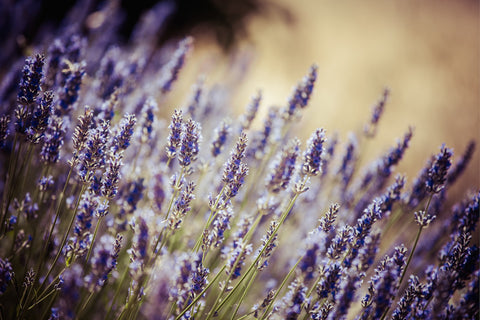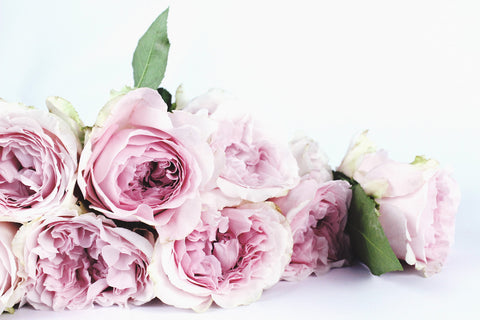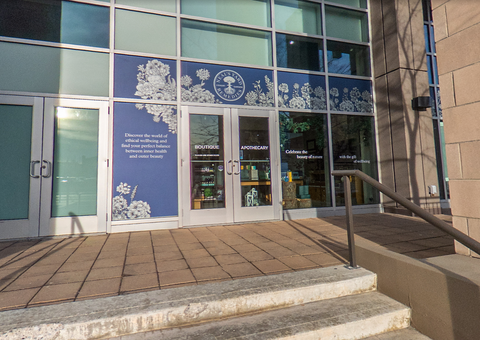Lavender has a sweet, calming fragrance and is the most versatile and widely used of all the essential oils. It's regenerative effect on the skin stimulates the growth of healthy new cells, promotes healing, and helps to prevent scarring. The essential oil and the floral water have soothing and balancing properties when used on burns, wounds, bites and inflammatory skin conditions.
What is lavender good for?
Healing cuts and scrapes: Lavender has antiseptic properties which make it a great treatment for wounds, ulcers and sores of all kinds. Unlike most essential oils, lavender can be used directly on the skin.
Tones Skin: After cleansing, use lavender floral water (the distilled form of the essential oil) as an effective skin toner, or decant it into a spray bottle and use it as a facial mist. This is a good option for oily and acne-prone skin since lavender has antiseptic properties.
Conditions and Soothes Skin: Lavender essential oil helps calm imflammatory skin conditions such as psoriasis, dermatitis and eczema. It can also be added to lotions and massage oils to help soften and soothe the skin.
Relieves Stress: Lavender oil encourages restful sleep. It can reduce stress levels and anxiety to a degree that can be measured scientifically via brainwave activity.
Stimulates Hair Growth: Research has shown that massaging lavender oil into the scalp can significantly improve hair growth.
Different forms of Lavender:
Floral Water - this water, also known as hydrosol, is a by-product of the distillation of the essential oil. It has a milder aroma than the oil but retains the plant's beneficial properties.
Dried Lavender - brew dried lavender flowers into an infusion that can be used as a skin toner or hair rinse.
Essential Oil - A colourless or pale yellow liquid, lavender is steam distilled from the fresh flowers.




